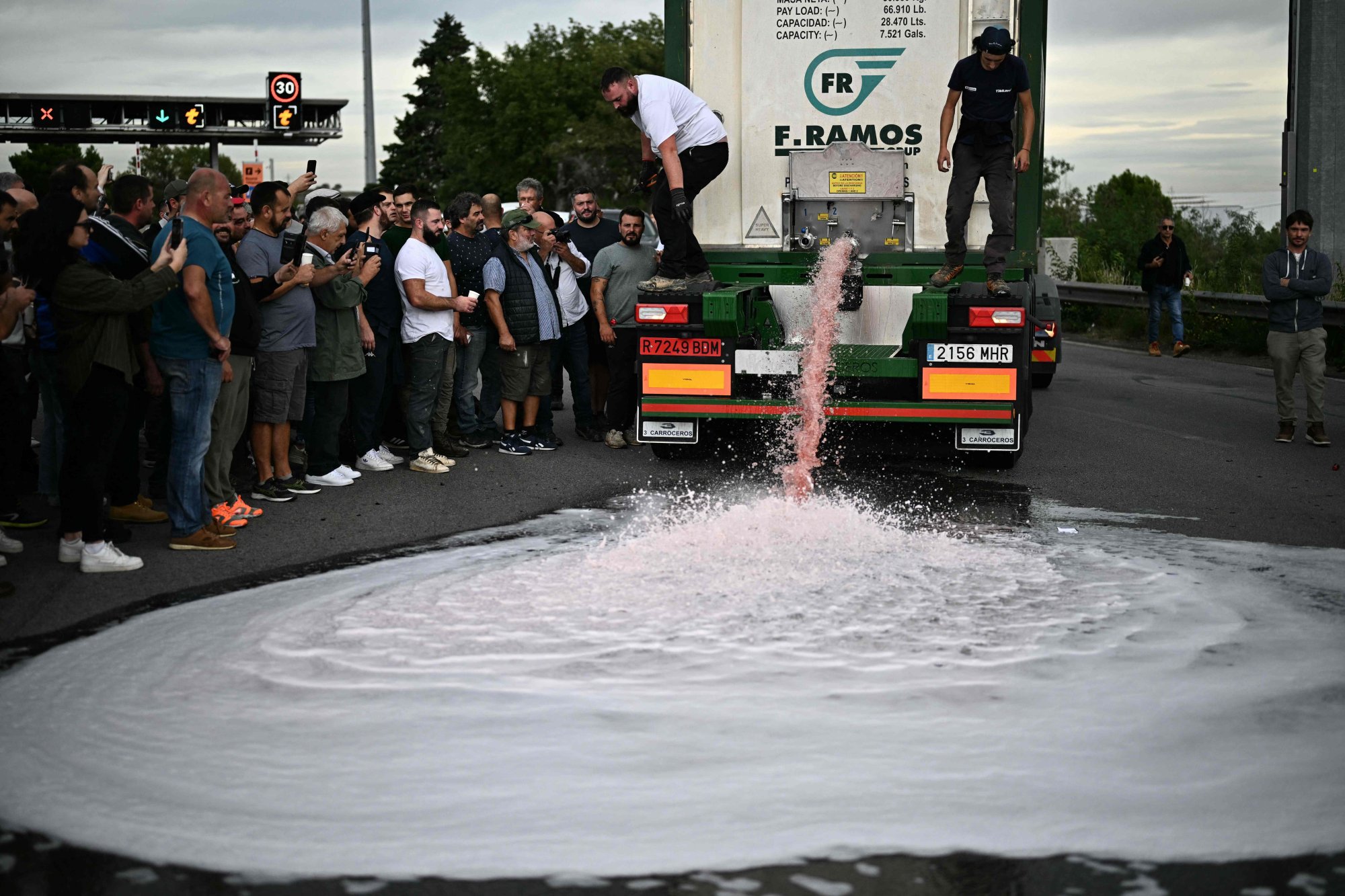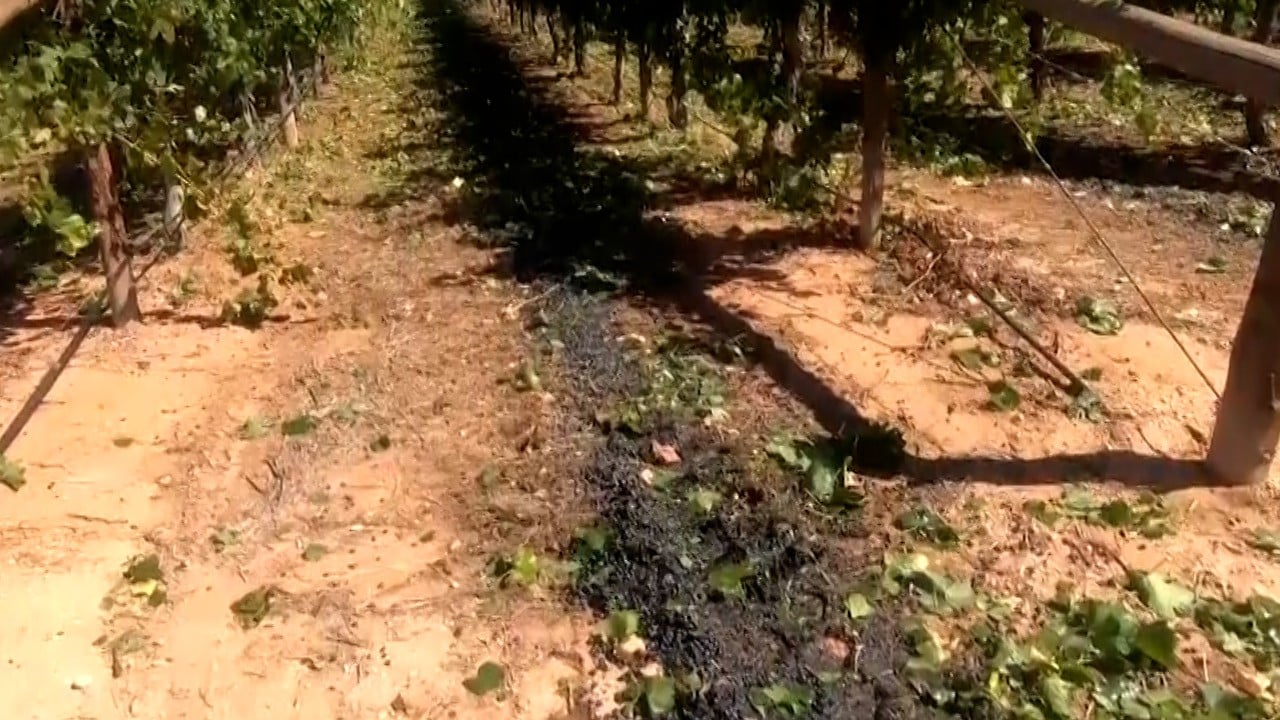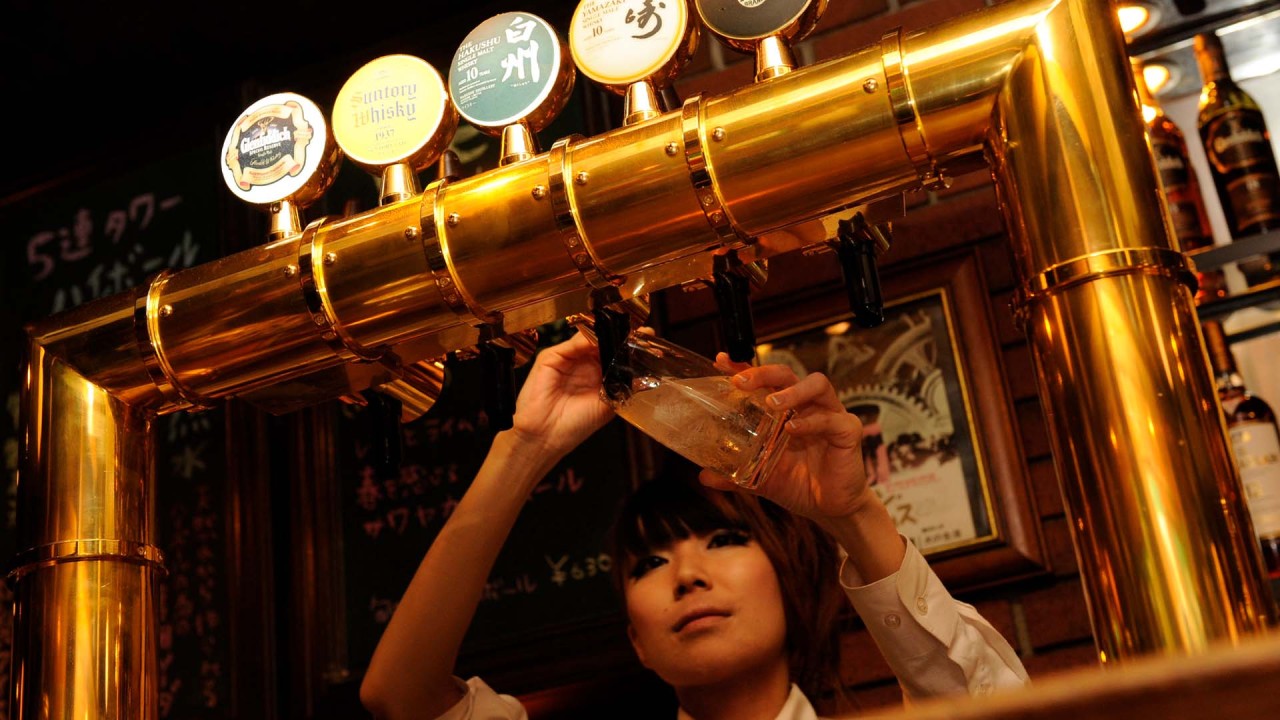
Hong Kong a real star for the battered global wine industry – at least for now
- Hong Kong has been awash in wine in recent weeks, but the city is an outlier as the wine industry deals with climate change’s effects and shifting tastes
- Warmer weather is weighing on global production, and demand is slipping as Generation Z is increasingly averse to alcohol and other risky behaviours
But behind this upbeat narrative is a more challenging story. In short, the US$330 billion global wine industry is battling powerful headwinds both in terms of climate change’s effects on production and faltering global demand for wine. Sales volume in 2022 fell 3 per cent, according to Wine Australia.
The Gen Z challenge in the world’s biggest wine-consuming countries – including the United States, France, Italy, Germany and Britain – comes at a difficult moment for the world’s winemakers, now facing turbulence in both supply and demand.
Even with record-low production, a crash in global demand for their cheaper commercial wines has left winemakers with an estimated surplus of 2.8 billion bottles. That is enough to fill 859 Olympic-sized swimming pools.
In France, despite a good harvest, a collapse in wine demand both at home and overseas has forced the French government to get EU approval for €200 million (US$212.6 million) in “crisis distillation aid” to distil unused wine into ethanol that can be used in perfumes or alcohol wipes. More than 1,000 Bordeaux farmers have applied to pull up 9,200 hectares of vines – about 8 per cent of the region’s total wine-growing area.
Italy, France, Spain, the US and Australia are the world’s leading winemakers and account for about 65 per cent of global production. They are no strangers to weather-damaged harvests, but analysts of the wine business say this time is different. As organisers of the World Bulk Wine Exhibition noted ahead of their annual conference: “The fact that the expected production shortfalls have failed to spark an uptick in activity across the bulk wine market are a telling indication of the headwinds facing the global wine industry.”

‘Alcohol-free is a movement’: bars in US, Asia promote no-booze events
I have always regarded this as a lucky “impediment” as often in my teenage life I wished for an early warning system to tell me that I had drunk too much and should stop.
David Dodwell is CEO of the trade policy and international relations consultancy Strategic Access, focused on developments and challenges facing the Asia-Pacific over the past four decades



